Liberty Tire Recycling Releases Inaugural Sustainability Report
ESG report focuses on environmental stewardship, building strong communities
Liberty Tire Recycling released its inaugural environmental, social, and governance (ESG) report describing company initiatives to advance sustainable products, accelerate environmental stewardship, engage people and communities, and operate responsibly.
Released April 22 in conjunction with Earth Day activities, Liberty’s Sustainability Report is believed to be the first such report from a US-based tire collection, processing, and recycling firm. Amy Brackin, Liberty Tire Recycling Vice President of Sustainability, said the report will likely be “the first of many that will allow Liberty customers, partners, and communities to track our progress toward goals of creating sustainable products, engaging communities, and acting as responsible stewards of the environment. Our long-term strategy for the development and implementation of sustainability initiatives includes a commitment to transparency.”
 “With a collection network that annually manages more than 190 million tires across the U.S. and Canada, creating three billion pounds of rubber available for beneficial end-uses, Liberty Tire is dedicated to supporting a more circular economy by finding new and better ways to collect and recycle end-of-life tires, and support innovation and new market development for recycled rubber products,” Liberty Tire Recycling CEO Thomas Womble said.
“With a collection network that annually manages more than 190 million tires across the U.S. and Canada, creating three billion pounds of rubber available for beneficial end-uses, Liberty Tire is dedicated to supporting a more circular economy by finding new and better ways to collect and recycle end-of-life tires, and support innovation and new market development for recycled rubber products,” Liberty Tire Recycling CEO Thomas Womble said.
To better understand and manage ESG considerations specific to the company, Liberty created a dedicated ESG Task Force comprised of nine employees from cross-functional areas and partnered with Bridge House Advisors to develop a sustainability framework based on a four pillars: advancing sustainable products, accelerating environmental stewardship, engaging people and operating responsibly.
The Sustainability Report presents a comprehensive, transparent and detailed look at how Liberty Tire Recycling developed its ESG program and is now working to integrate ESG into an overarching sustainability strategy across the entire enterprise.
During the reporting period, Liberty Tire Recycling expanded capabilities to recycle giant mining tires at its Alberta, Canada facility. The rubber is then repurposed into secondary market applications. Each tire also contains nearly a ton of steel which is extracted and returned into the metals industry for recycling.
In 2021, Liberty doubled its press capacity for compression molded products in its lawn and garden division with a new state-of-the art press. The new line features a robotic palletizing system reducing the potential for workplace injuries and creating a more efficient workflow.
The company partnered with Bolder Industries to convert end-of-life tires into sustainable carbon black, petrochemicals, steel, and power. Together, the companies expect to have a significant positive environmental impact—saving CO2 emissions, water and electricity. To address tire fiber scrap material, Liberty entered into a working partnership with Atlantis Fiber, a British Columbia-based firm that incorporates recycled tire fiber as shrinkage crack control, repair work, seismic retrofit and precast concrete structures.
The report takes an in depth look at Liberty Tire Recycling’s impact on the environment by measuring the company’s carbon footprint and handprint in 2021. Liberty’s footprint is defined as the total amount of Greenhouse Gas Emissions (GHG) generated from its operations including fuel consumption, electricity consumption and waste generation beginning with a truck’s departure from a facility to pick up a used tire to delivery of products to customers. Using charts and graphs the report details Liberty Tire’s 2021 carbon footprint including Scope 1,2, and 3 emissions.
To determine its handprint, defined as the total amount of GHG emissions reduced or avoided through the use of its product by customers, Liberty analyzed eighty-eight percent of the total volume sold. The use or application of Liberty Tire’s products avoided almost 1,000,000 metric tons of CO2-e in 2020 and more than 945,000 metric tons of CO2-e in 2021.
With a fleet of more than 400 trucks nationwide, Liberty is implementing a comprehensive route optimization program using Omnitracs, a sophisticated software program that when coupled with seasoned transportation staffing and expertise will enable Liberty to achieve route optimization. Liberty’s goal is to have 70 percent of collections optimized by end of 2022.
Among other highlights in the 2020-2021 report, Liberty Tire Recycling raised more than $50,000 in donations to support families in need; launched a hiring initiative, providing a second chance opportunity for 171 people with a past criminal record; reported a workforce representation rate of 62 percent for inclusivity and diversity and partnered with a veteran recruiting group, to create employment opportunities for men and women who have served in the U.S. armed forces.
The report is available at https://libertytire.com/wp-
© Scrap Tire News, May 2022






